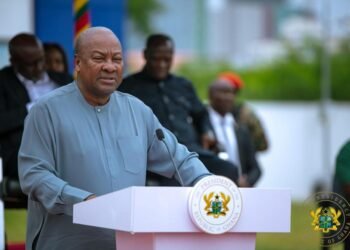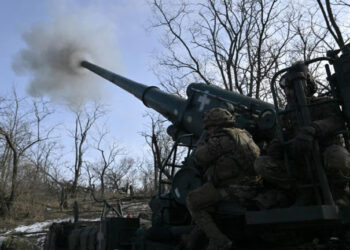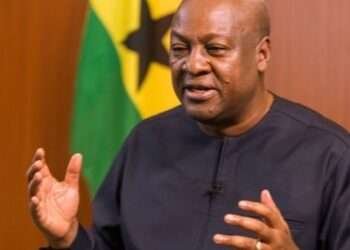Germany’s Chancellor, Olaf Scholz has pledged the full commitment of the German government to the release of further hostages held by Hamas in the Gaza Strip.
In a government statement in the Bundestag, Germany’s lower house of parliament, Scholz expressed his relief that some hostages had been freed in recent days.
“The fact that several Germans are among those released is another reason to rejoice,” he said.
The Chancellor thanked those who had campaigned for their fate “through tireless diplomacy.”
He added that women, men and children who are still in Hamas’ custody must be released immediately, saying that the “German government will continue to contribute to this with all its force.”
Also, the German Chancellor said that military and financial support for Ukraine is of “existential importance” to Europe.
He said, “We will continue with this support as long as it is necessary.”
He added, “None of us want to imagine what even more serious consequences it would have for us if Putin won this war.”
“It is also clear that we must not let up in our support for Ukraine and in overcoming the energy crisis. That would not be responsible, that would endanger our future,” he said.
Scholz noted that Germany has been one of the Ukraine’s biggest supporters along with the U.S, supplying Kyiv with weapons.
However, a constitutional court ruling on November 15, 2023 against a budget manoeuvre to get around Germany’s “debt brake” threw the financial plans of Scholz’s coalition into disarray.
It also indicated that his and future governments would have to stick more closely to the spirit of the brake.
The court’s decision has cast doubt over the government’s 2024 budget, which Scholz had promised would be finalized by the end of this year.
The verdict also called into question Germany’s traditionally strict fiscal policy and sparked warnings that companies could be starved of support to keep them globally competitive against subsidies offered elsewhere.
“It would be a grave and unforgivable mistake to neglect the modernization of our country in the face of all these acute challenges,” Scholz told the Bundestag.
The country’s federal states had the greatest interest in securing investment in areas like semiconductors, climate-friendly steel production and battery plants, he said, addressing concerns of specific industries who fear losing out.
The debt brake is part of the German constitution and limits the federal government’s structural net borrowing to 0.35% of gross domestic product. It was first adopted in 2009 after the financial crash.
The brake was suspended from 2020 to 2022 first to cope with the fallout from the coronavirus pandemic and then the energy crisis sparked by Russia’s invasion of Ukraine.
It was supposed to come back into force this year but due to the budget crisis, Finance Minister Christian Lindner announced last week that the coalition was seeking to suspend it again.
Lindner said that he would declare 2023 a year of emergency so as to put the existing spending plans on a “firm constitutional footing.”
A New Reality

Additionally, Scholz said that the ruling would have an impact on Germany’s various levels of government from this time on.
He stated, “This ruling creates a new reality — for the federal government and for all current and future governments, federal and state.”
“A reality that, however, makes important and widely shared goals more difficult for our country to achieve,” he added.
The Chancellor admitted that his government would have taken different decisions had this new reality been clear when it took power two years ago.
Ending his speech, Scholz said that he would move forward “with the necessary calm and with responsibility for our country.”
“That’s what I stand for as Chancellor,” he averred.



















